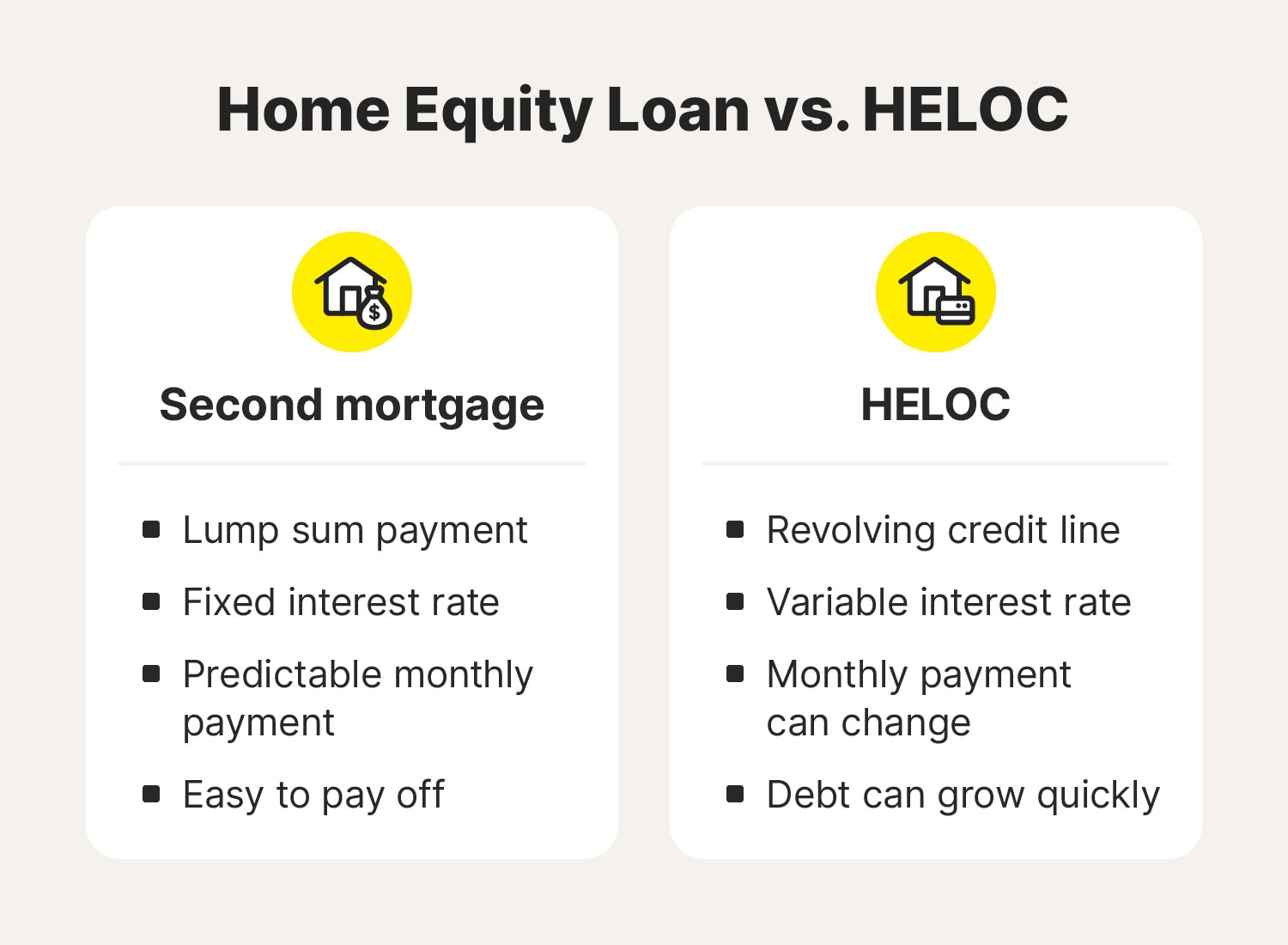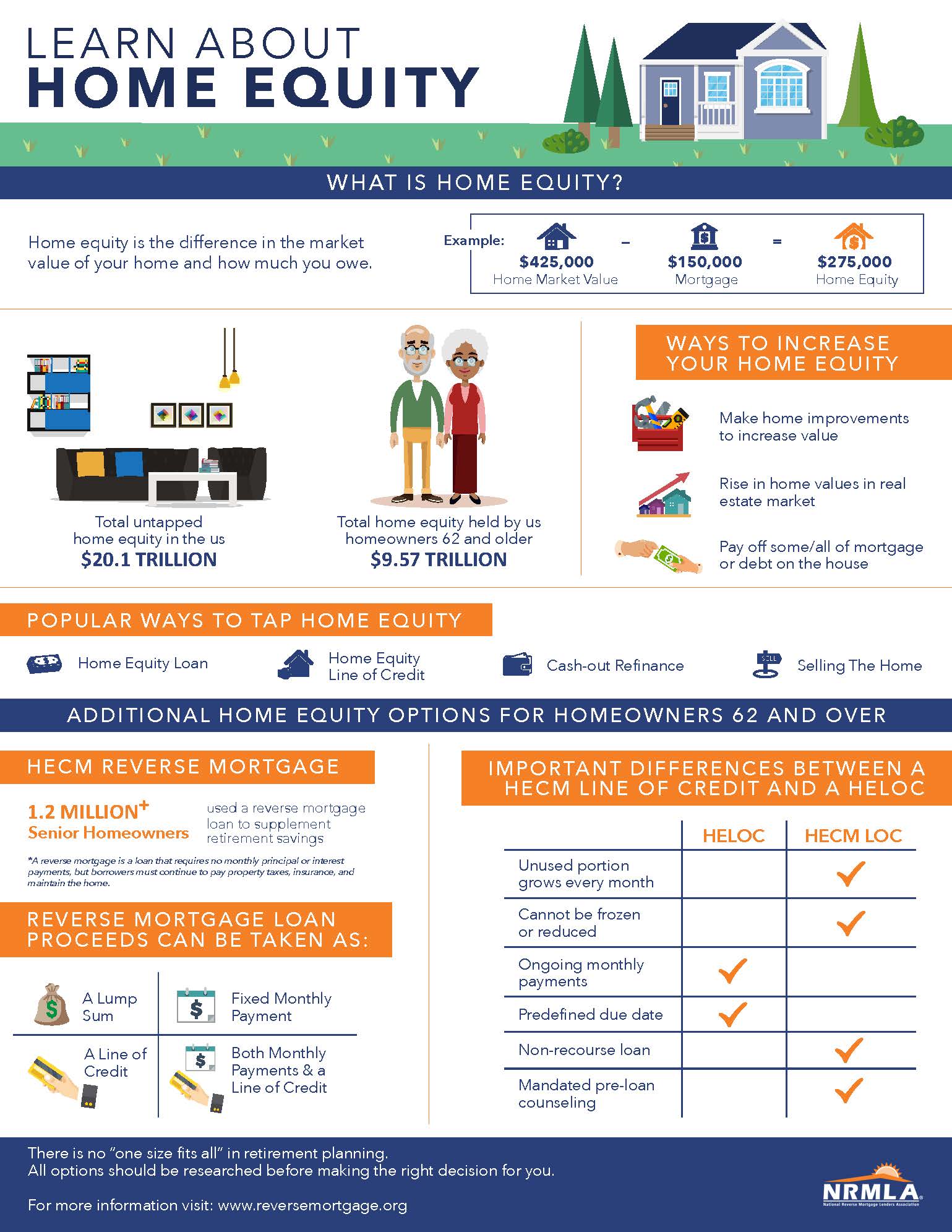The Regulatory Aspects of Equity Release Mortgages You Should Know
Checking Out the Different Types of Equity Release Mortgages Available Today
Equity Release home mortgages existing numerous choices for property owners aged 55 and over. equity release mortgages. These financial items accommodate various needs and choices, enabling individuals to accessibility funds from their home. From life time mortgages to common recognition home mortgages, each type provides distinct advantages. Recognizing these choices is important for making informed choices. What aspects should one consider when selecting the most suitable equity Release plan? The information that follow may lose light on this essential subject
Understanding Equity Release Mortgages
Equity Release home loans give homeowners, typically those aged 55 and over, with a way to access the worth locked up in their residential property without needing to offer it. This financial choice enables individuals to convert a section of their home equity into cash, which can be utilized for various purposes, such as home enhancements, repaying debts, or funding retirement.Equity Release can take different kinds, but it fundamentally involves borrowing against the value of the home while preserving ownership. Home owners can choose to get a round figure or a series of smaller sized payments, depending on their financial demands and preferences.Additionally, the quantity readily available for Release is influenced by the building's value, the house owner's age, and certain loan provider requirements. In general, comprehending equity Release home loans is necessary for house owners to make informed choices regarding taking advantage of their home's equity while considering the long-term effects.
Lifetime Mortgages
Life time home loans represent among one of the most popular forms of equity Release. This financial product allows homeowners, commonly aged 55 or older, to borrow against the worth of their home while preserving possession. The funding, which is safeguarded against the home, accrues passion in time but does not call for month-to-month payments. Instead, the lending and built up passion are paid back when the property owner dies or relocates right into long-lasting care.Lifetime mortgages provide flexibility, as borrowers can choose to obtain a swelling amount or decide for a drawdown facility, accessing funds as needed. Significantly, lots of strategies featured a no-negative-equity assurance, making sure that customers will never owe greater than the value of their home. This attribute supplies assurance, permitting individuals to enjoy their retired life without the anxiety of depleting their estate. Overall, lifetime home mortgages act as a feasible alternative for those looking for financial backing in later life.
Home Reversion Plans

Drawdown Life Time Mortgages
While many homeowners look for means to access their wide range, drawdown lifetime home loans offer a flexible alternative that permits people to Release funds gradually. This kind of equity Release home mortgage allows home owners to borrow versus the worth of their building while preserving possession. Unlike typical life time home mortgages, drawdown plans enable borrowers to access a part of their equity upfront and take out added funds as required, up to an established limit.This function can be specifically beneficial for those that desire to handle their funds thoroughly, as it reduces interest build-up by only billing passion on the amounts drawn. Additionally, drawdown life time mortgages frequently include a "no adverse equity guarantee," making sure that consumers will never owe greater than their home's worth. This choice matches retirees who desire economic security and flexibility, enabling them to satisfy unanticipated expenses or preserve their way of living without having to sell their home.
Boosted Lifetime Mortgages
Enhanced Life time Home mortgages supply distinct advantages for qualified home owners looking for to Release equity from their properties. Understanding the eligibility criteria is vital, as it determines who can profit from these specialized finances. However, it is additionally essential to review the possible disadvantages connected with boosted options, making sure an all-around perspective on their use.
Eligibility Criteria Clarified
Understanding the eligibility standards for Enhanced Lifetime Mortgages is necessary for potential candidates seeking to access the equity in their homes. Commonly, candidates should be aged 55 or older, as this age need is common in the equity Release market. Property owners should have a building valued at a minimal threshold, which can differ by loan provider. Importantly, the home should be their main house and in great condition. Lenders usually examine the house owner's wellness condition, as specific health and wellness problems may boost eligibility and benefits. Additionally, candidates should not have existing substantial debts protected versus the residential or commercial property. Fulfilling these criteria enables people to explore Improved Life time Mortgages as a feasible choice for accessing funds linked up in their homes.
Benefits of Improved Home Mortgages
After clearing up the eligibility requirements, it comes to be evident that Improved Life time Home loans supply several considerable benefits for property owners aiming to leverage their property equity. Primarily, they give access to a bigger car loan amount compared to conventional life time home mortgages, profiting those with health and wellness conditions or age-related elements that boost their life span threat. This improved borrowing capacity permits house owners to meet various monetary needs, such as home improvements or retirement expenses. Additionally, these home mortgages usually include flexible repayment options, enabling debtors to manage their funds better. The no-negative-equity guarantee additionally assures that house owners will never ever owe more than their residential property's value, offering assurance. On The Whole, Enhanced Life time Mortgages provide an engaging alternative for eligible homeowners seeking economic services.
Prospective Drawbacks Taken Into Consideration
While Boosted Lifetime Home mortgages offer countless advantages, potential disadvantages warrant mindful consideration. One substantial worry is the effect on inheritance; the equity released reduces the worth of the estate entrusted to beneficiaries. In addition, these mortgages can accumulate substantial passion with time, causing a considerable financial obligation that might surpass the initial loan quantity. There might additionally be restrictions on residential or commercial property alterations or rental, limiting home owners' flexibility. In addition, improved items often call for details wellness conditions, suggesting not all have a peek at these guys house owners will certainly Extra resources qualify. Ultimately, managing the costs and fees connected with these home loans can be intricate, potentially resulting in unanticipated prices. Because of this, individuals need to thoroughly assess their scenario and consult financial experts prior to continuing.
Shared Appreciation Home Loans
Shared Recognition Home mortgages represent a special financial setup that permits homeowners to gain access to equity while sharing future residential or commercial property value increases with the lender. This technique provides possible advantages such as lowered monthly settlements, but it also features downsides that have to be carefully considered. Understanding the eligibility requirements is necessary for those curious about this option.
Concept Review
Equity Release mortgages, especially in the form of common gratitude mortgages, offer house owners a distinct economic solution that permits them to gain access to funds by leveraging the value of their building. In this setup, a loan provider gives a loan to the homeowner, which is usually repaid with a share of the residential property's future gratitude in value. This indicates that when the house owner markets the residential property or dies, the lending institution receives a portion of the increased worth, as opposed to simply the initial finance amount. Shared recognition mortgages can be appealing for those seeking to supplement their income or finance substantial expenses while retaining ownership of their home. The financial implications of shared appreciation should be thoroughly taken into consideration by potential customers.
Disadvantages and advantages
Shared admiration home mortgages can supply significant monetary advantages, they also come with significant disadvantages that potential borrowers need to consider. These mortgages allow home owners to accessibility equity in their properties while sharing a portion of any future gratitude with the loan provider. This setup can be valuable throughout times of climbing residential or commercial property worths, providing significant funds without regular monthly repayments. The major disadvantage is the possible loss of equity; property owners may end up with substantially reduced inheritance for successors. Furthermore, the intricacy of the terms can bring about misunderstandings relating to settlement responsibilities and the portion of appreciation owed. For that reason, it is crucial for customers to weigh these variables meticulously prior to committing to a shared gratitude home mortgage.
Qualification Requirements
What criteria must property owners satisfy to get a shared recognition home mortgage? Primarily, candidates have to go to least 55 years of ages, ensuring they are within the target demographic for equity Release items. Furthermore, the building must be their main home and commonly valued above a defined minimum limit, frequently around ? 100,000. Lenders additionally assess the property owner's economic situations, consisting of revenue and superior financial obligations, to identify they can take care of the home mortgage properly. Importantly, the property needs to remain in excellent problem and cost-free from substantial legal encumbrances. Homeowners must also have a clear understanding of the terms, including exactly how appreciation will be shared with the lender upon sale or transfer of the property, as this impacts overall returns.
Selecting the Right Equity Release Alternative

Frequently Asked Questions
What Age Do I Need to Be for Equity Release?
The age demand for equity Release normally begins at 55 for a lot of strategies. However, some suppliers might provide choices for those aged 60 and above, showing varying terms based on specific circumstances and lender policies.
Will Equity Release Influence My Inheritance?
Equity Release can impact inheritance, as the quantity borrowed plus rate of interest minimizes the estate's value. Heirs might obtain much less than prepared for, depending on the home's gratitude and the complete financial debt at the time of passing.
Can I Relocate House With Equity Release?
The question of moving residence with equity Release arises often. Usually, individuals can transfer their equity Release plan to a new property, yet certain terms and conditions might apply, calling for assessment with the loan provider for guidance.
Exist Costs Connected With Equity Release Mortgages?
Costs related to equity Release home loans can consist of click resources setup costs, evaluation charges, and lawful expenses. In addition, there might be early repayment costs, which can impact the total cost and economic effects for the borrower.
Just How Does Equity Release Impact My Tax Obligation Situation?
Equity Release can affect one's tax obligation situation by potentially raising gross income, as launched funds are thought about capital. It normally does not sustain prompt tax obligation obligations, making it essential to get in touch with an economic expert for personalized guidance.
Final thought
In summary, the selection of equity Release home mortgages readily available today offers property owners aged 55 and over several paths to access their building's value - equity release mortgages. Whether selecting a life time home mortgage, home reversion plan, or other options, each option provides unique advantages tailored to private financial needs. Careful consideration and assessment with an economic advisor are necessary to guarantee the chosen equity Release solution aligns with personal goals and financial circumstances, inevitably promoting notified decision-making for a safe monetary future. Equity Release home loans present numerous choices for house owners aged 55 and over. Equity Release home mortgages supply property owners, generally those aged 55 and over, with a means to access the value tied up in their building without needing to sell it. Boosted Life time Mortgages offer unique benefits for qualified property owners looking for to Release equity from their residential or commercial properties. Equity Release mortgages, especially in the form of common recognition home loans, use home owners an one-of-a-kind financial option that allows them to gain access to funds by leveraging the worth of their home. In recap, the selection of equity Release home mortgages readily available today provides home owners aged 55 and over numerous paths to access their building's value